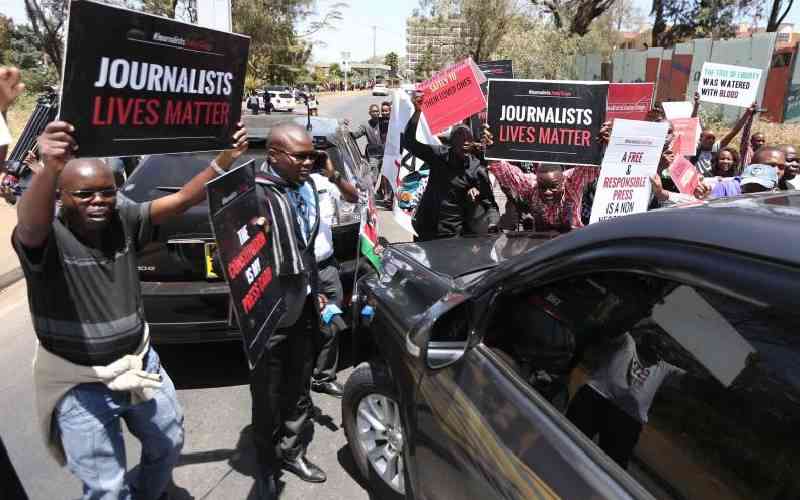×
The Standard e-Paper
Stay Informed, Even Offline

The Kenya Kwanza administration is at it again. After denying independent print media government advertising, it has now gone full throttle and extended the same to television and radio stations.
In an edict to heads of government institutions, Information and Communication Technology PS Edward Kisiangani directed that all government adverts run only on Kenya Broadcasting Corporation TV and radio stations.